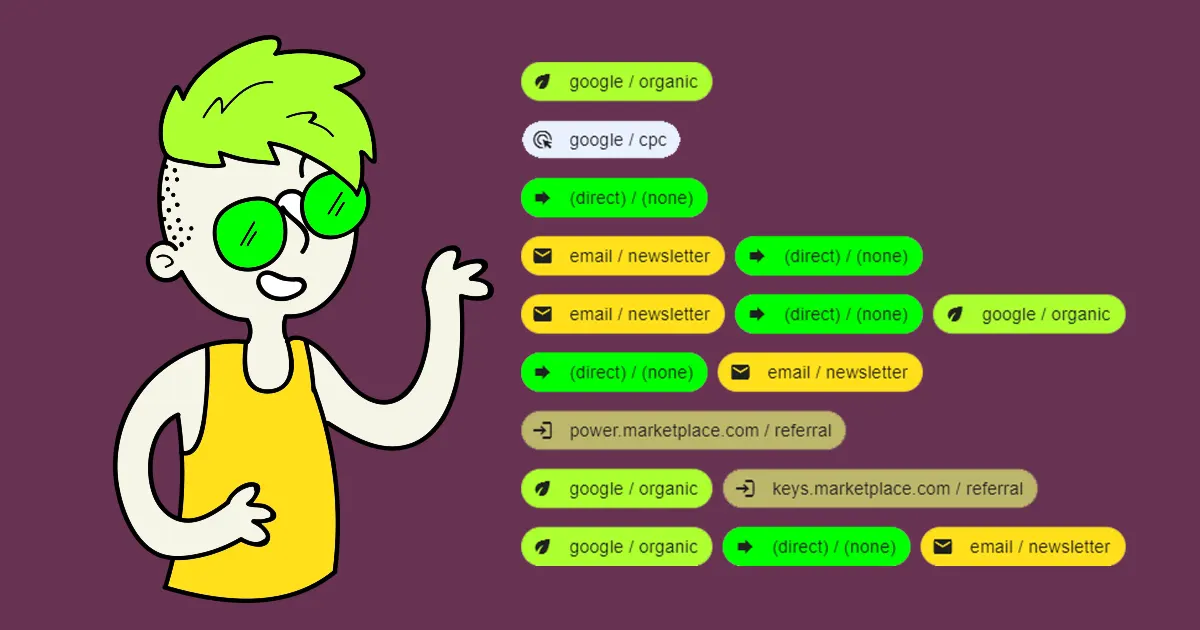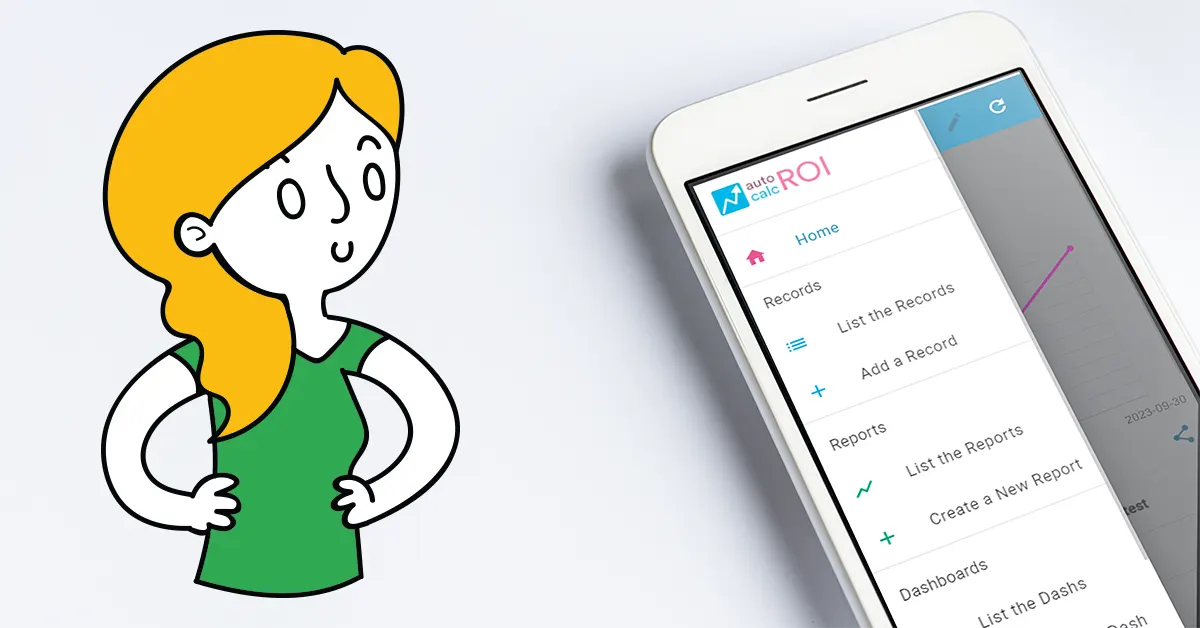-

Case Study: Fetch Data From Google Search Console to Create Your Automated SEO Dashboards
Read more: Case Study: Fetch Data From Google Search Console to Create Your Automated SEO DashboardsOf course, we all know that the Google Search Console helps to monitor our site’s presence in Google Search results. But why not bring a bit of customization and automation for the SEO improvement? What SEO Data Can We Automatically Get? Here we are: Additional dimensions: What Data Do We Actually Need? Probably the most…
-

Automated SEO Reports? Here’s how to get started
Read more: Automated SEO Reports? Here’s how to get startedWhat are automated SEO reports? SEO Reports effortlessly generated with our tool. Set up your Automated SEO Reporting easily feeded with data from Google Search Console.
-

Conversion Paths Made Easy!
Read more: Conversion Paths Made Easy!In the intricate world of digital marketing, where every click or action holds potential, understanding the journey a visitor takes from initial interaction to conversion is paramount. Welcome to the realm of Conversion Paths, the strategic routes meticulously crafted to guide prospects from curiosity to commitment. Conversion Paths as a part of each Report Gone…
-

What are the most important Online Marketing Metrics?
Read more: What are the most important Online Marketing Metrics?The importance of online marketing metrics can vary depending on a campaign’s specific goals and objectives. What are the most common? What is the most important one? Take a pick! Which of these do you utilize? Is there something missing? Let’s start for example with these: Yep, we have asked the ChatGPT to get an…
-

Unlocking Success: The Power of Direct Marketing
Read more: Unlocking Success: The Power of Direct MarketingDirect marketing, a strategic approach that involves communicating with potential customers without intermediaries, offers a personalized and measurable way to connect with the audience. In the dynamic realm of direct marketing, understanding the impact of your efforts is paramount. How to get started? From day-to-day operations to overarching strategies, AutoROICalc stands as an indispensable ally…
-

Android App for Boosting Your Productivity
Read more: Android App for Boosting Your ProductivitySince we are getting to a stage where more and more users are getting involved, there’s a feel that pushes us together to be more mobile. That’s why a new AutoROICalc app for Android is in development. A working beta version is available for testing if you are interested! Just drop us a line at…
-

Web Traffic Sources Distribution Made Easy
Read more: Web Traffic Sources Distribution Made EasyIt’s always good to know the amount of web traffic you get for a certain time frame. Is it also that important to know where the traffic comes from? Definitely! Why? It is so powerful for many reasons but mainly to know if a particular campaign is successful, whether some of the web traffic sources…
-

Connecting teams: The power of sharing Reports in AutoROICalc
Read more: Connecting teams: The power of sharing Reports in AutoROICalcIn the dynamic landscape of today’s collaborative work environments, the ability to share reports seamlessly has emerged as a pivotal element in fostering efficient communication and informed decision-making. Whether you’re part of a project team, managing a business, or analyzing data trends, the power of sharing reports cannot be overstated. This transformative feature not only…
-

Mastering E-commerce ROI: A Guide to Profit-Driven Marketing with Our WooCommerce Plugin
Read more: Mastering E-commerce ROI: A Guide to Profit-Driven Marketing with Our WooCommerce PluginEmbark on a journey to redefine success in your e-commerce ventures. Introducing our AutoROICalc plugin for WooCommerce designed to seamlessly track orders, revenue, and most importantly, profit. Imagine a tool that not only compiles essential data but also integrates with Facebook Ads Manager, Google Analytics, and Google Ads, offering a comprehensive view of your marketing…
-

How to Setup Custom Web Events Tracking?
Read more: How to Setup Custom Web Events Tracking?Is your desire to have everything under control? Would you like to decide when and how to capture the user’s session source on your pages? Want to decide what and when will be sent? Want to have full control over your web events tracking workflow? Yeah, be the one who can benefit from our custom…